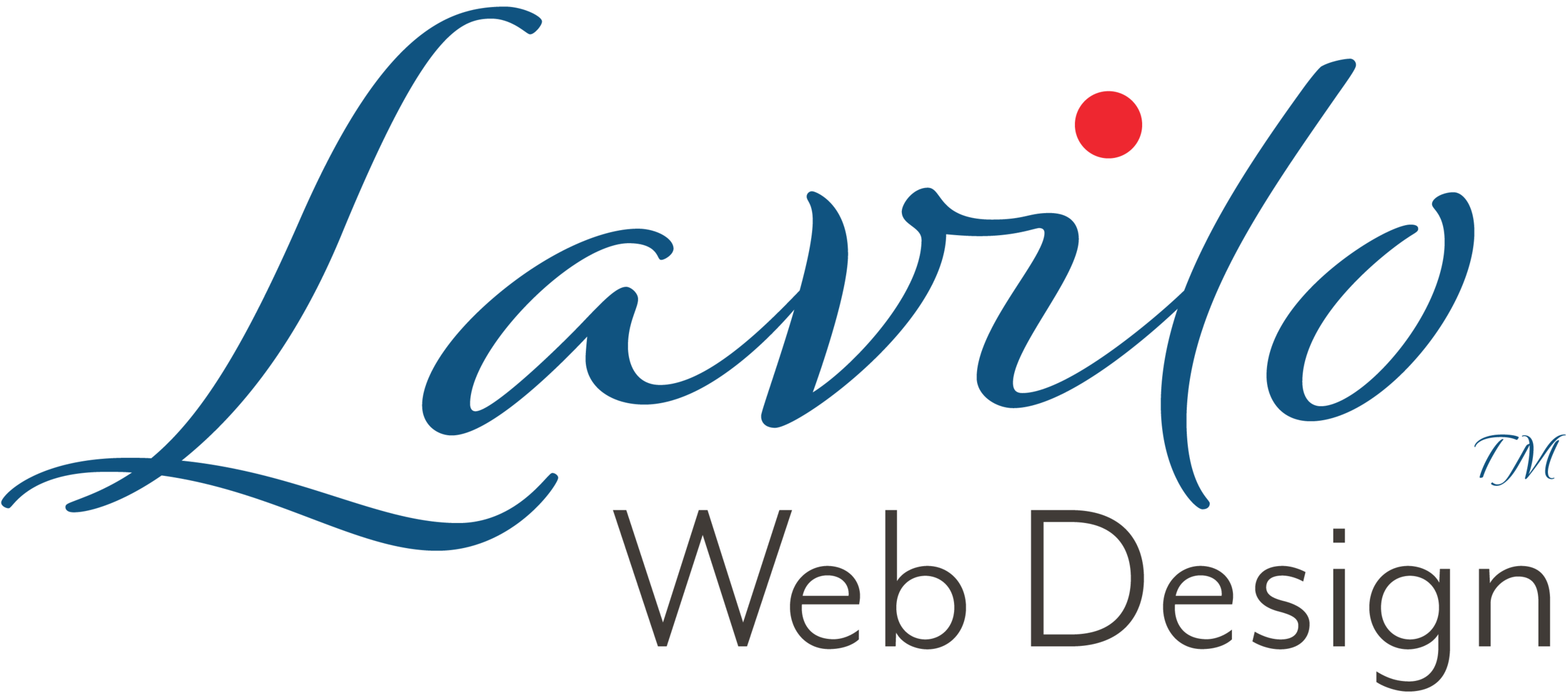10 Sales Strategies to Grow Your Small Business
By focusing on a few products and services and doing them well, you can substantially outsell rivals with an expansive portfolio.
Successful selling requires more than just smooth talking or creating viral social media videos, although these qualities can certainly be beneficial.
These ten sales strategies will establish a strong foundation for long-term revenue growth.
1: Know Your X-Factor
Customers often choose a business over a competitor based on just one or two factors.
However, few companies know why their clients awarded them the contract. Yet, understanding why customers prefer your products or services and incorporating these insights into your sales pitch can significantly increase revenues.
To find your business’s X-Factor, your competitive advantage, you have to answer four questions:
What are you good at?
What do you love to do?
What is your industry's biggest frustration?
What are you willing to do that your competitors won't?
Your business's X-Factor is the best combination of your strengths and your passion that will address your industry's biggest frustration in a way your competitors won't do.
2: Become an Expert in Your Field
Customers often value the specialized knowledge of experts more than the broad offerings of generalists.
By focusing on a few products and services and doing them well, you can substantially outsell rivals with an expansive portfolio.
If you want to gain expertise fast, focus on five services and do them 100 times instead of offering 100 services and doing them five times.
3: Invest in Your Brand
Strong brands enjoy many tangible benefits, such as increased customer loyalty, more referrals, a higher return on advertising spending, and less price sensitivity.
To strengthen your brand, you have to learn to do these three things well:
Create a coherent brand without conflict and contradictions.
Apply the brand design elements consistently across all media.
Live your brand. Be authentic and genuine in your communication with your followers and customers.
Strong brands constantly interact with their audience. These interactions shape them and influence their meaning, allowing them to adapt to changes in the tastes and preferences of their followers.
4: Respond to Inquiries by the Next Day
It always surprises me how indifferent many small business owners are when they receive an inquiry and need to respond. I often hear that they will get to it when they have time. This cavalier approach might work during economic boom times when opportunities are plentiful and workers are scarce.
However, at regular times, customers are more demanding and tend to give the contract to a company that responds promptly.
Therefore, try to reply by the next morning, even if you do not have all the answers. If you need more time, let your customers know when you will get back to them.
5: Digitize Your Workflow to Increase Customer Satisfaction
Digitizing your workflow can significantly increase your efficiency and customer satisfaction.
With a fully digitized workflow, you can respond to inquiries and send proposals, contracts, and payment links from your mobile phone wherever you are, whenever you have time.
Such cloud-based client management software or business software is available for many industries, scales with your operation, and comes with large feature sets at different price points.
Modern client management software increases your efficiency and makes it easier for your customers to do business with you, improving user experience, which results in higher customer satisfaction and sales.
6: Thank Your Customers
Companies that express gratitude and humility and thank their customers for their business will likely increase the number of repeat clients and loyal followers.
7: Ask for Google Reviews or Testimonials
There is no better way to build trust in your brand than for customers to write a positive review or give a glowing testimonial.
Asking for a Google Review is very easy. Go to your Google Business Profile and copy the request-a-review link, which you can include in your thank you email.
8: Start a Customer Loyalty and Referral Program
A formal loyalty and referral program can be expensive.
First, professional programs can have high monthly fees.
Second, formal programs let customers earn points as a reward for specific behavior, like referring a friend or signing up for a newsletter, which they can accumulate and then convert into discounts. Depending on the point balance, discounts can significantly reduce profitability.
However, you can also reward loyal customers without paying a subscription fee or discounting your services. For example, you could create exclusive content, hold exclusive preview evenings, or offer priority event booking.
9: Keep Your Website Fresh
A website looks fresh when its content is current, and the flow feels smooth and efficient.
While there is no hard and fast rule when content becomes outdated, generally, a website whose content is updated frequently can be more engaging to visitors than a website whose visuals have not changed in years.
For example, websites with blogs whose last post was a couple of years ago can turn away customers. If your online store still shows Christmas décor at Easter or your corporate team picture employees who have long left your company, you must urgently update your images.
10: Deliver on Your Promise
Companies that say one thing in their sales pitch but then do something else after getting the contract will disappoint their customers and lose business.
Instead, a brand promise commits a company to delivering on its pledge every single time—even if it must sacrifice a portion of its profits.
A reputation for staying true to your word and delivering on your brand promise will help boost sales of your products and services.
Build a Strong Foundation
Relying on a single sales strategy is rarely enough to reach your goals.
Instead, pursuing all ten sales strategies simultaneously is essential to build a strong foundation for enhancing customer experience, loyalty, referrals, and sales.
That way, your small business becomes more resilient, growing during good times and more challenging periods.






















